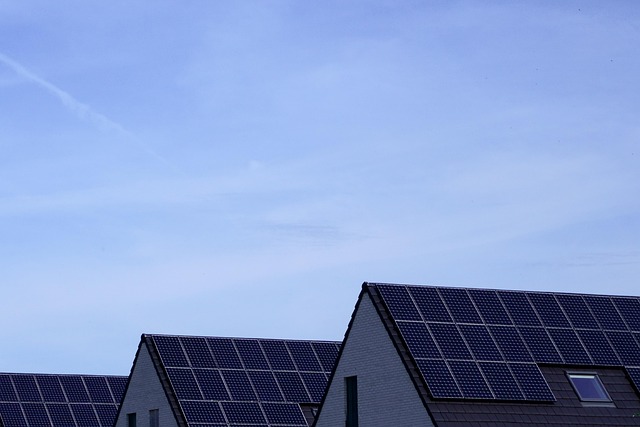Adopting green initiatives in student housing promotes sustainable student living by reducing environmental impact through energy-efficient systems (LED lighting, smart thermostats), water conservation (low-flow fixtures, greywater recycling), and waste reduction (recycling programs). These efforts not only benefit the planet but also offer cost savings, attract environmentally conscious residents, and enhance overall living experience. By utilizing renewable energy sources and sustainable practices like composting and eco-friendly cleaning products, accommodation providers educate students about environmental stewardship, contributing to a greener future.
In today’s world, sustainable student living is more than just a trend; it’s an essential practice for reducing environmental impact and fostering responsible communities. Eco-friendly student housing is not just about recycling and energy conservation; it involves a holistic approach that includes green initiatives, eco-conscious design, and community engagement. By adopting innovative practices in architecture, construction, and resident education, student accommodation can become models of sustainable living, benefitting both the environment and residents alike.
- Adopting Green Initiatives in Student Housing
- – Overview of sustainable practices for student accommodation
- – Benefits for the environment and residents
Adopting Green Initiatives in Student Housing

Student housing is a significant aspect of campus life, and adopting green initiatives can foster a culture of sustainable student living. By incorporating eco-friendly practices, student accommodation providers can reduce their environmental footprint while offering students an opportunity to learn about and engage with sustainability. Simple changes like installing energy-efficient lighting, using smart thermostats to manage heating and cooling, and promoting the use of reusable water bottles can make a substantial difference.
These initiatives not only contribute to a healthier planet but also provide cost savings for both residents and institutions. Additionally, green features in student housing attract environmentally conscious students and can enhance the overall living experience. Encouraging recycling programs, implementing compost systems, and using sustainable cleaning products are other effective strategies that promote sustainable student living, ensuring a brighter future for both the community and the planet.
– Overview of sustainable practices for student accommodation

Student housing plays a significant role in shaping sustainable practices, especially with the growing focus on eco-friendly living. Sustainable student living involves adopting various initiatives to minimize environmental impact and promote resource efficiency. These include implementing energy-efficient systems, such as LED lighting and smart thermostats, which reduce electricity consumption.
Accommodation providers can also encourage sustainable water usage through low-flow fixtures and greywater recycling systems, while promoting waste reduction and recycling programs can significantly cut down on landfill waste. Additionally, utilizing renewable energy sources like solar panels and wind turbines not only reduces carbon emissions but also serves as an educational tool for students. These practices contribute to a greener future by fostering awareness of environmental stewardship among young adults.
– Benefits for the environment and residents

Eco-friendly student housing practices promote sustainable student living, offering numerous benefits for both the environment and residents. By adopting green initiatives such as energy-efficient appliances, recycling programs, and water conservation measures, student housing providers can significantly reduce their carbon footprint. These efforts not only contribute to mitigating climate change but also create healthier living spaces for students.
For residents, sustainable student living means enjoying a more comfortable and resource-conscious environment. They benefit from lower utility costs due to energy-efficient designs, learn important eco-friendly habits that they can carry throughout their lives, and often enjoy improved indoor air quality. Moreover, living in ecologically responsible communities fosters a sense of community engagement and social responsibility among students, encouraging them to become stewards of the planet.






